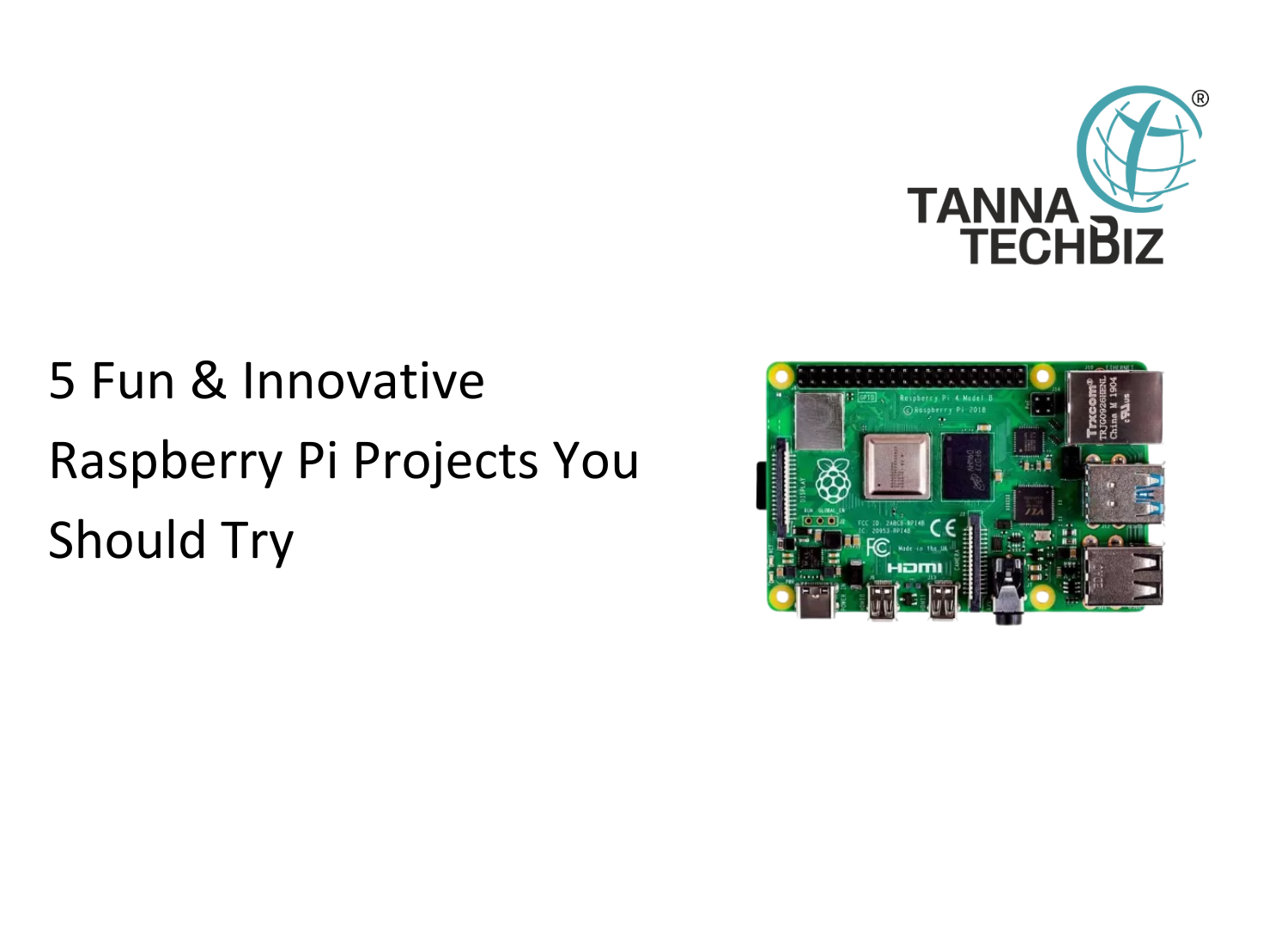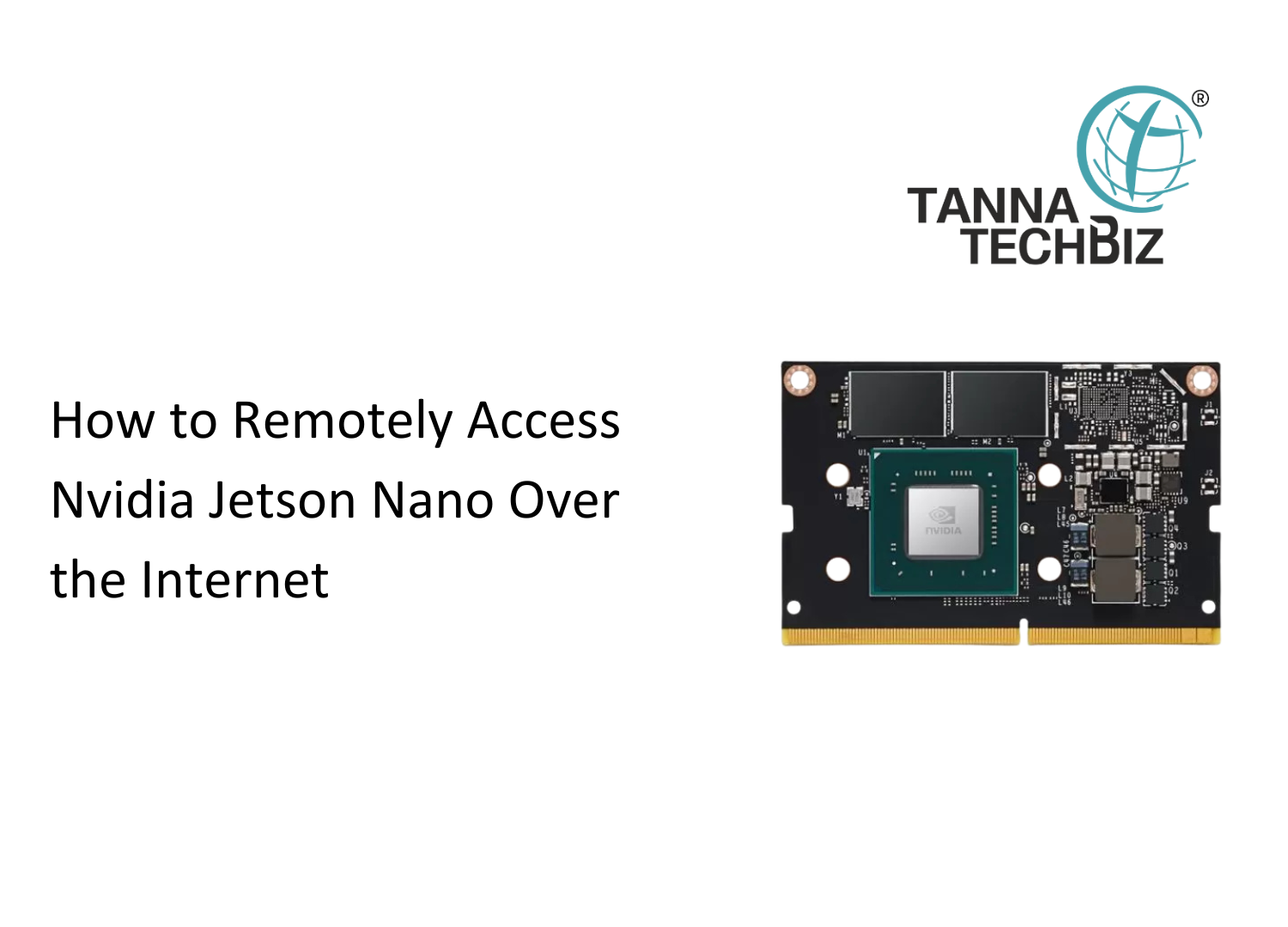An Introduction to Banana Pi Boards
June 13, 2023 248

An Introduction to Banana Pi Boards
The Banana Pi boards are known for their powerful hardware specifications and extensive connectivity options, making them suitable for a wide range of applications. They offer features such as Ethernet ports, USB ports, HDMI output, audio jacks, camera interfaces, and GPIO pins, allowing users to connect peripherals and expand their capabilities.
Banana Pi - M1


Banana Pi - M3
The Banana Pi M1 board features an Allwinner A20 system-on-a-chip (SoC), which includes a dual-core ARM Cortex-A7 processor and a Mali-400 MP2 GPU. It has 1GB of DDR3 RAM, onboard storage options such as a microSD card slot and SATA interface, as well as various peripheral interfaces like USB ports, Ethernet, HDMI, audio, and camera interfaces.
You Can Buy Here : Banana Pi 1
Banana Pi M3 is a super charged single board computer with an Octa-core processor and 2GB of RAM. Along side the elite processing unit, it features Gigabit Ethernet, 2 USB, SATA, WiFi, Bluetooth, and HDMI connection. It can run on a variety of operating systems including Android, Lubuntu, Ubuntu, Debian, and Raspbian.
Being a brother of the power hungry M2, the M3 does not want to rest while his brother goes to acquire two more cores.
You Can Buy Here : Banana Pi - M3
Banana Pi - M64




Banana Pi - R2
Banana Pi BPI-M64 is a 64-bit quad-core mini single board computer. It features 2GB of RAM and 8GB eMMC. It also has onboard WiFi and BT. On the ports side, the BPI-M64 has 2 USB A 2.0 ports, 1 USB OTG port, 1 HDMI port, 1 audio jack, and lastly a DC power port. The processor is pin-to-pin comptialbe with R18, so it comes with two versions:M64 and M64-R18.
You Can Buy Here : Banana Pi - M64
The Banana Pi R2 is a router based development board, which can run on a variety of open source operating systems including OpenWrt, Android, and Bananian. It has 4 Gigabit LAN ports, 1 Gigabit WAN, and 300Mbs wireless N capabilities.
Banana Pi is an open platform device, it is for anyone who wants to play and build with developer technology instead of simply using consumer technology. Backed by our community, starting a project and building servers is fun and rewarding. We welcome all companies, DIYers, and tech loving people within our community! Together, we can make a difference, we can discover our passions, inspire others, and build a practical project.
You Can Buy Here : Banana Pi - R2
Banana Pi M1+


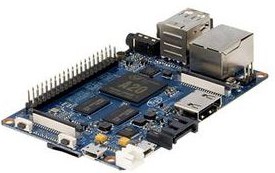

Banana Pi M2+
Banana Pi BPI-M1+ upgrade is an open-source single-board computer that adds more connectivity to the classic board. It features the same high performance AllWinner A20 dual-core SoC at 1GHz, 1GB of DDR3 SDRAM, Gigabit Ethernet, SATA, USB, and HDMI connections found in classic BPI-M1+ ; but the Banana Pi M1+ features onboard WiFi g/b/n. The board supports all classic projects and even more because of the onboard WIFi chip. Like its sibling, it can run operating systems including Android, Lubuntu, Ubuntu, Debian, and Raspbian.
You Can Buy Here : Banana Pi M1+
Banana PI BPI-M2+ is the open source hardware platform, use Alliwnner H3 (option H2+ chip and H5 chip ) chip on board. and mini size only 65mm*65mm,
PBI-M2 hardware: 1Ghz ARM7 quad-core processor, 1GB DDR3 SDRAM, 8G eMMC flash on board,and SDIO wifi&BT 4.0 moodule on board.Gigabit ethrnet.
BPI-M2+ series run Android,Debian linux,Ubuntu linux, Raspberry Pi image and others image. Banana PI,it can easily run with the game it support 1080P high definition video output and 4K support, the GPIO compatible with Raspberry Pi B+ .
You Can Buy Here : Banana Pi - M2+
Banana Pi M2 Berry




Banana Pi M2 Zero
Banana Pi BPI-M2 Berry is a quad-core mini single board computer built with Allwinner V40 SoC. It features 1GB of RAM . It also has onboard WiFi and BT. On the ports side, the BPI-M2 Ultra has 4 USB A 2.0 ports, 1 USB OTG port, 1 HDMI port, 1 audio jack, and last but not least, a SATA port..
Also being a member of the Banana Pi family, the M2 Berry is a direct upgrade from the Banana Pi M1/M1+ that support SATA from the SoC. The SATA performance on the V40 is fitting for media related projects such as storage servers.
You Can Buy Here : Banana Pi M2 Berry
The Banana Pi M2 Zero is an ultra compact single board computer which measures only 65mm*30mm. Its external interfaces are the same as the Raspberry Pi Zero W, and it will fit almost all cases and accessories for the Zero W. It uses the quad-core Cortex A7 Allwinner H3/H2+processor, with 512MB RAM. It's ideal for light-weight systems and space-limited applications. Like other members of the Banana Pi family, it supports both Linux and Android operating systems.
You Can Buy Here : Banana Pi M2 Zero
Banana Pi 7" LCD
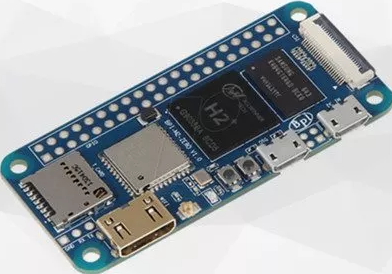

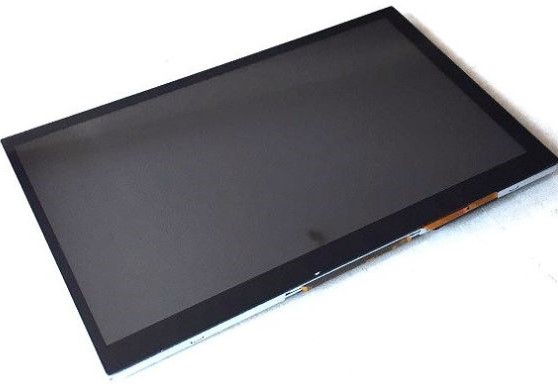

LCD module for Banana Pi board via an conversion board to connect to the LCD
connector designed specifically for interfacing to LCD.
This module have RGB and MIPI interface on baord ,so it support BPI-M1,BPI-M1+,BPI-M2,BPI-M3,BPI-M64,BPI-M2U,BPI-M2B BPI-R1.
You Can Buy Here : Banana Pi 7" LCD
Know About Banana Pi
Banana Pi open source hardware community is an open source hardware project led by Guangdong Bipai Technology, and supported by Taiwan Hon Hai Technology (Foxconn). Banana Pi open source hardware series development board, complete the core system and architecture design. The development documents, software, and hardware (including schematic diagrams) are all open, the purpose is to allow all developers around the world to participate.
Banana Pi has registered the "BPI" trademark and uses the "BPI" trademark for promotion all over the world, focus on creating the Banana Pi open source ecosystem. Now have nearly 10 corporate members join in Banana Pi community, for makers, teams, and companies who are interested in joining Banana Pi, will have trademark authorization, let’s operate and promote the community together and strive to become the first-class open source hardware community in the world.




